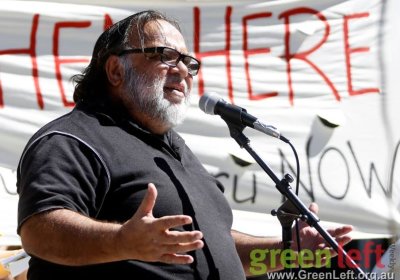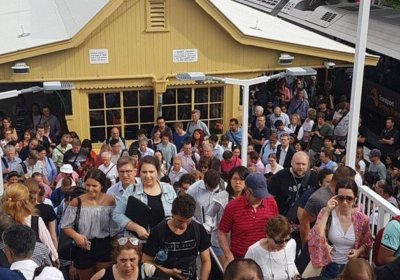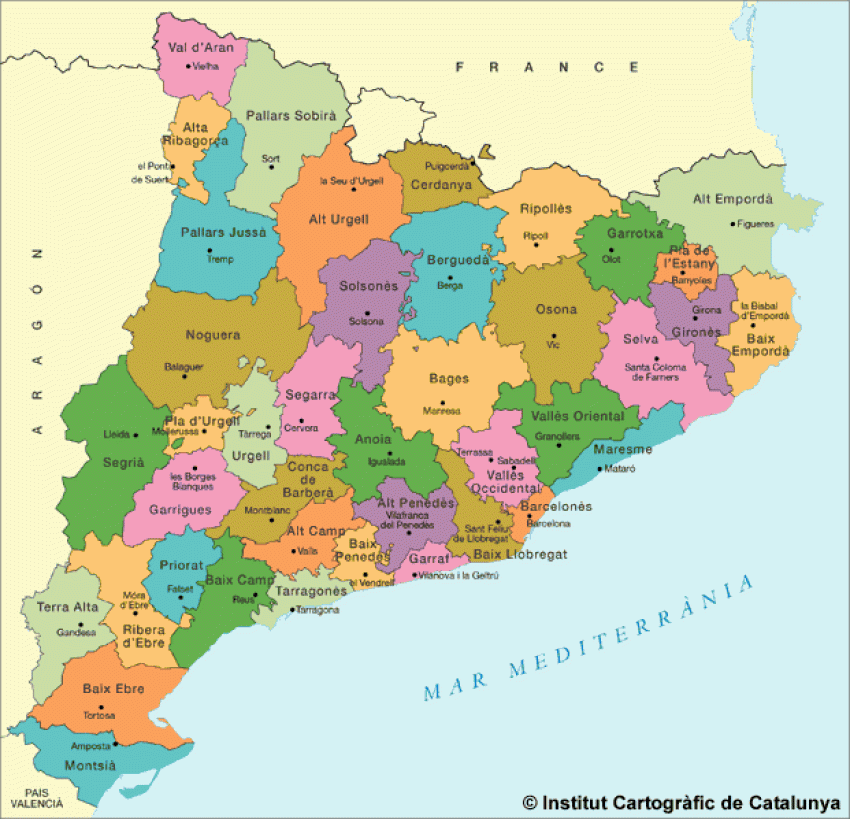In 2011, in the days leading up to January 26, with Australian flags fluttering off cars and used as capes, accompanied by cartons of beer, sporting excellence as the pinnacle of Australian achievement and politicians lecturing the country on what it means to be a “proud Australian”, I left Perth.
Australia
Five activists who scaled the Sydney Opera House roof to unfurl banners reading "Australia: World Leaders in Cruelty #BringThemHere" and "Evacuate Manus" on November 9 pleaded guilty to trespass in the Downing Centre Local Court on December 20.
They were fined a total of $20,000.
WACA spokesperson Lily Matchett said: “We face court in Sydney today for protesting the inhumane treatment of refugees while the injustice on Manus Island continues to unfold.
Sam Watson, a leading Murri activist from Brisbane, has been involved in Aboriginal rights struggles since the 1960s.
He is a prominent author, playwright and filmmaker, and is the Aboriginal affairs spokesperson for Socialist Alliance. A Birri Gubba man, he was previously an academic at the University of Queensland, and received honours for his 1990 novel The Kadaitchi Sung and acclaim for his 1995 film Black Man Down.
Watson spoke to Green Left Weekly’s Jim McIlroy about the issues confronting Aboriginal people.
Two protesters from Front Line Action on Coal blocked Aurizon’s coal railway near Bowen for five hours on January 9, calling on the Queensland government to rule out funding for Aurizon.
They prevented any coal trains getting to Adani’s Abbot Point coal terminal by locking their arms inside a steel barrel filled with concrete on the train tracks.
The Queensland Labor government is currently considering rail operator Aurizon’s bid for a Northern Australia Infrastructure Facility loan to build a rail link between Adani’s Carmichael coalmine and the terminal.
As a kid, the way I was taught about Indigenous people was terrible. For one thing, the understanding of the Indigenous economy and technology was non-existent.
I had this picture of people living in homes basically made of a bit of bark and maybe grass and sticks leaned up against a tree trunk. The impression was they spent their time wandering around and occasionally spearing a kangaroo or goanna for dinner.
Over the years I picked up bits and pieces of a more realistic and less insulting picture of Indigenous life, but it wasn’t really until I read Dark Emu by Bruce Pascoe that it all fell into place such that I can maybe imagine in some detail how people lived.
Rail workers will stop work for 24 hours on January 29 to push management to negotiate a fair enterprise agreement. The Rail, Tram and Bus Union (RTBU) said on January 16 that the government and management had left them no choice but to take this kind of action.
Following the Herald Sun’s “African gang crisis” coverage about alleged Sudanese youth violence, it is hard not to assume Murdoch tabloid editors just stick on a blindfold, spin round a few times, then chuck a dart at a giant map of the world to determine who to target for their next bullshit beat up.
The inglorious implosion of Sam Dastyari’s political career has ignited concern about the influence of foreign money on Australian politics.
The Senator’s decision to resign was the only appropriate response to revelations about the nature of his relationship with Chinese business owner and political donor Huang Xiangmo.
If you’ve had the misfortune to watch former Labor leader Mark Latham’s video on changing the date of Australia Day you’ll know how desperate the debate has become.
Latham presents a world of full surveillance, where citizens live in fear of their secret lamington and lamb celebrations of our wide, brown land being discovered by the unseen politically correct police — followed by a call by Alice Springs town councillor and Warlpiri woman Jacinta Price to not be ashamed to celebrate Australia’s national day.
As 2017 drew to a close the climate movement had much to celebrate. Hard fought campaigns directed at potential financial backers had resulted in Adani’s Carmichael coalmine being a far less certain prospect as one by one financial options dissolved.
With major financial institutions in Australia and overseas ruling out support for the project, Adani had pinned its hopes on China as a possible funding source as well as a market for Galilee Basin coal. In spite of the Australian government oiling the wheels for a deal, all major Chinese banks backed away in the end.
Despite appeals from the Prime Minister to keep it open, AGL has announced it will close Liddell, NSW’s dirtiest coal-fired power station, and repurpose it with clean energy.
This is a blow to the government’s pro-coal agenda, and an important step forward for the transition to clean energy and a better future.
AGL will close Liddell in 2022 as planned and invest in gas, renewables and battery storage as part of the NSW Generation Plan. It is also exploring the feasibility of a pumped hydro project in the Hunter region.
- Previous page
- Page 463
- Next page












